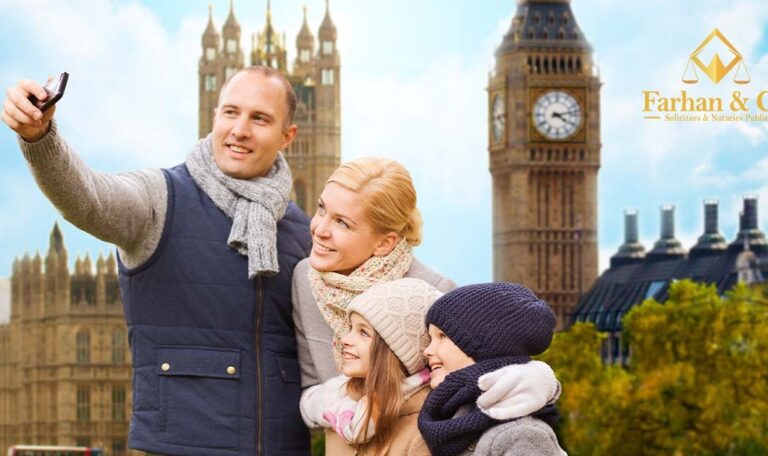On the 16th of July 2021, the UK Government declared that it would halt Appendix Family Reunion. From this day forward, applicants will no longer be able to submit applications for family reunion under Appendix Family Reunion. Applicants will need to make applications for family reunion under the existing family route provisions of the Immigration Rules. The Government is at pains to emphasise that this is a temporary measure and will only be in place pending a full review of the Family Reunion Rules, with the intention to reform the rules. However, when and how that will happen has not been made clear. This announcement will shock many families affected by this, especially refugees hoping to join their families, and they will understandably feel confused. Why the Suspension Matters Family reunion has long been an essential part of the immigration system, particularly for refugees who arrive in the UK without their loved ones. Appendix Family Reunion offered a dedicated route to make this possible. Its suspension means that families must now navigate alternative, and often more complex, provisions within the Immigration Rules. For many applicants, the change may result in stricter eligibility criteria, higher evidential requirements, and potentially longer processing times. This creates uncertainty for those who were preparing to apply under the suspended route. What Applicants Should Expect from Immigration Rules Due to the suspension, the main implication is that all new applications for family reunion will now fall within the family route categories of the Immigration Rules – that is, the previous applications, for example, partner and spouse visas and dependant child visas, will now have their own eligibility and documentary evidential standards. Applicants should also consider increased costs because some family route applications will require the payment of application fees and, in many cases, also the immigration health surcharge. This may be an additional barrier, particularly for refugees, who may already be experiencing a significant financial disadvantage. Lastly, timing is also important. As a result of this rapid change, some applicants, who were in a position to apply under Appendix Family Reunion, may now need to think about starting again by reformulating their applications under this structure. This has consequences for potential processing delays and wait times before families can be reunited. Impact on Refugees and Their Families Many commentators have described the current suspension as disappointing. Refugees face immense hurdles in rebuilding their lives in the UK, and being with family plays a significant part in their recovery and resettlement. This sudden suspension, with little notice, is unsettling for families, and the duration is uncertain. Although the government has outlined that it needs the suspension for a review and reform of the Family Reunion Rules, we must not overshadow the implications for vulnerable people. Simply pausing the family reunion already triggers emotional and practical challenges for people who have lived with separation from close family. How Farhan & Co Can Help Family Reunion in the UK At Farhan & Co., we recognize how complicated and stressful changes to immigration can be. Our immigration team will endeavour to support clients in managing this process with clarity and true care. If the suspension of the Appendix Family Reunion impacts you or your family, we can: -Assess your matter and identify the most appropriate application route within the current Immigration Rules, -Provide clarity about eligibility requirements and the required documents to submit with your application, -Prepare and submit applications to ensure your application is presented to the Home Office as strongly as possible, and -Represent you through the process and assist with any queries or refusals that may arise. We work to believe that families belong together. While the new suspension has caused uncertainty, there are still family reunion routes available, and with the appropriate legal advice, there will be steps for you to take to bring them to the UK. Taking the Next Step for UK Family Immigration If you are concerned about the impact of these changes upon you, it is essential to act without delay. Immigration law can be complicated, and the longer you wait to seek advice, the greater the risk you create for further delay. Consulting with an experienced solicitor can help you understand your options and assist you in achieving the best possible outcome. At Farhan & Co, we commit to providing practical solutions, with clarity and heart, thus covering any and all immigration matter details. Our team has substantial experience with family and refugee cases; hence, they will work with you to assist you through these new changes.


